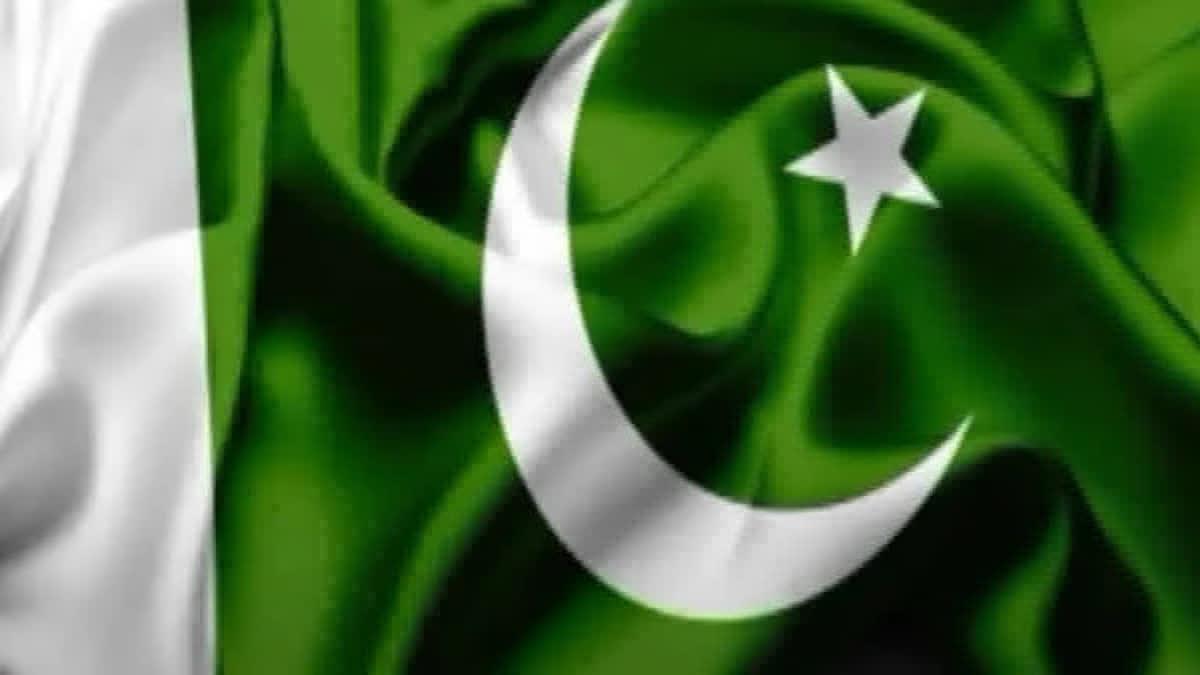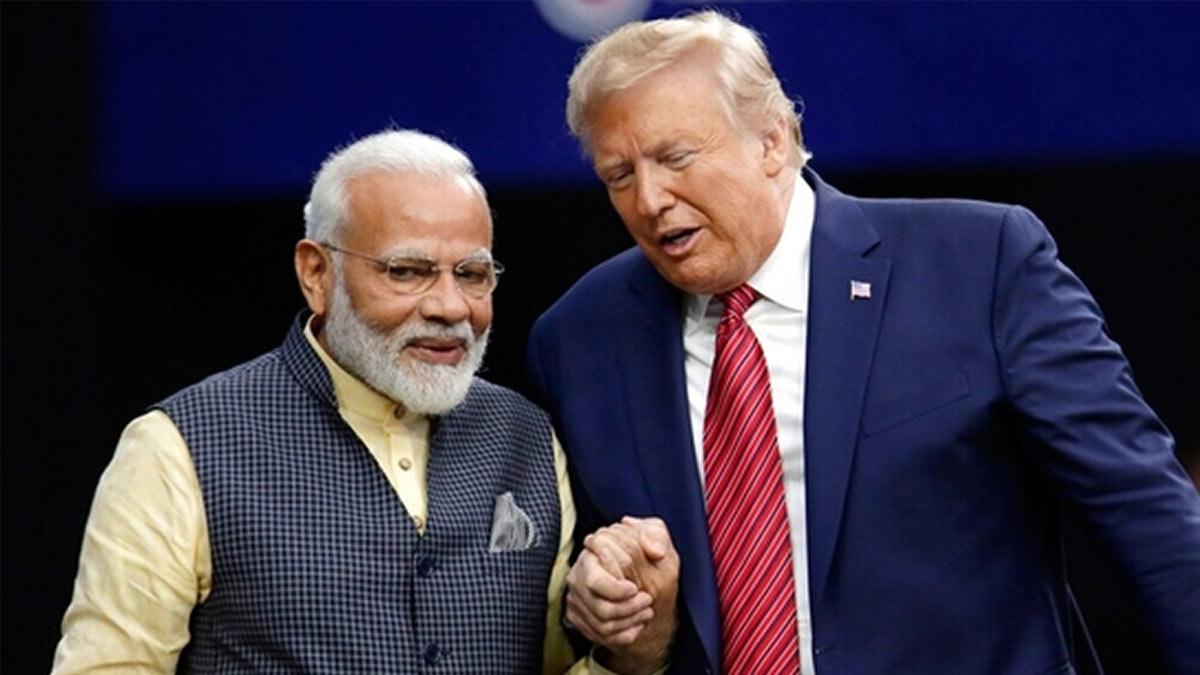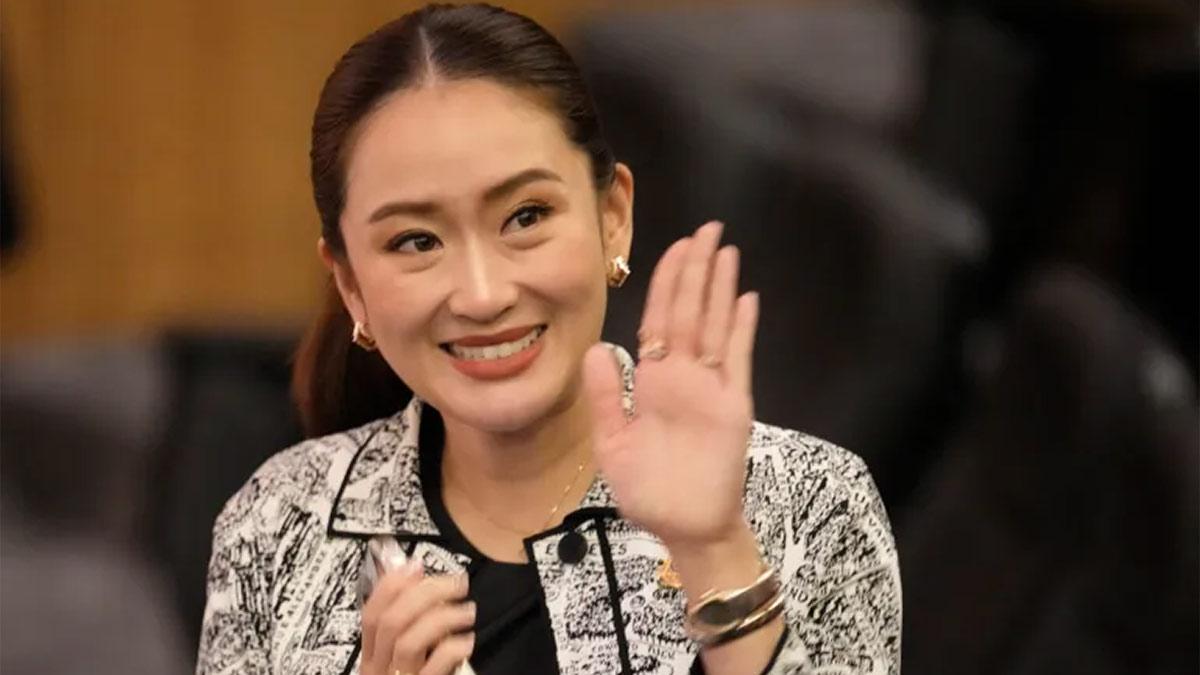India, as the G20 host, has a unique role to play in ending the war in Ukraine, given its longstanding historical ties to Russia, according to the United States.
Talking to media persons, State Department Spokesperson Ned Price stated that India has tremendous leverage in different areas, including economic, diplomatic, political, and moral leverage. He also referred to the G20 foreign ministers' meeting in New Delhi being unable to come out with a joint communique due to the increasing rift between the US-led Western powers and Russia over the Ukraine conflict despite consistent efforts by host India to bridge the differences.
"We are deeply grateful to our Indian partners for the way they have led the G20 to date. And as you alluded to, there is a lot more work to be done over the course of this year, but India is off to a very promising start with its stewardship of the G-20," State Department Spokesperson Ned Price told reporters at his daily news conference on Thursday.
Aslo read |China asks India to put boundary issue in 'proper place': Report
Price said that the US will continue to work with its Indian partners over the matter. When asked if Secretary Blinken believes that India still has the role to play to stop the war between Russia and Ukraine, Price said there are countries around the world that have a relationship with Russia that is distinct from the one US has.
"India certainly falls within that category. India has longstanding historical ties to Russia. It is connected in Russia to ways that the United States is not and, for that matter, has not been," he said.
"They, of course, have a unique role to play in this as the G20 hosts, but also as a country with whom we have a Global Strategic Partnership, a country that has a relationship with Russia that we don't," Price said.
Also read |China blames 'certain developed country' for Pakistan's financial crisis
He also referred to the G20 foreign ministers' meeting in New Delhi being unable to come out with a joint communique due to the bitterly increasing rift between the US-led Western powers and Russia over the Ukraine conflict despite consistent efforts by host India to bridge the differences.
The meeting adopted a Chair's Summary and Outcome Document listing various key priorities, but External Affairs Minister S Jaishankar had said there were differences over the Ukraine conflict because of which the meeting could not agree on the joint communique. Price asserted that the US works closely with India on just about everything that is a priority to it and everything that is a priority to New Delhi, increasing their mutual prosperity, supporting democracy, addressing the climate crisis, and upholding a rules-based order grounded in international law.
India has the ability, as we've seen from Prime Minister Narendra Modi, to speak with tremendous moral clarity," Price said. During a bilateral meeting with Russian President Vladimir Putin on the sidelines of the annual summit of the Shanghai Cooperation Organisation (SCO) in Samarkand in September last year, Prime Minister Modi underlined the importance of "democracy, dialogue, and diplomacy" while calling for an early cessation of hostilities in Ukraine. Price noted that when Prime Minister Modi said last year that this is not an era of war, the world listened because when he and his country say something to that effect, it is meaningful to the US, Russia, and countries near and far.
Price referred to the fact that the G20 foreign ministers' meeting was unable to produce a joint communique due to the two countries in question, Russia and China, who couldn't sign on to a paragraph that spoke about upholding international law and the multilateral system that safeguards peace and stability.
"The fact that neither Russia nor China could sign on to a paragraph that should be as anodyne and common sense and basic as that, it tells you a lot about the two countries that purport to believe in the UN Charter, have been permanent members of the UN Security Council, consistently raise international law and the principles of the UN Charter only to ignore them in contexts like this," he said.


















